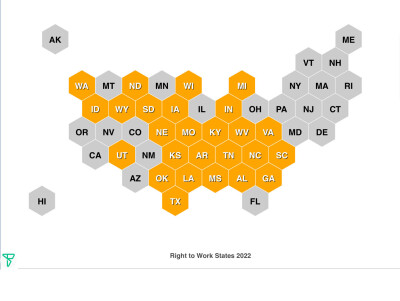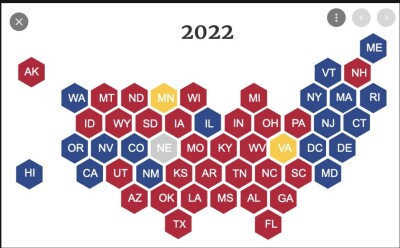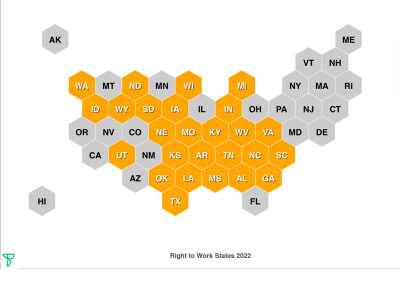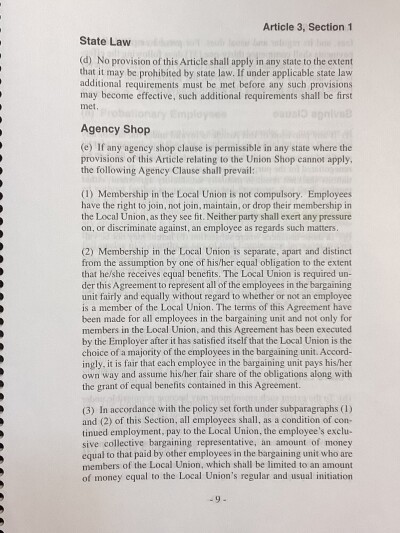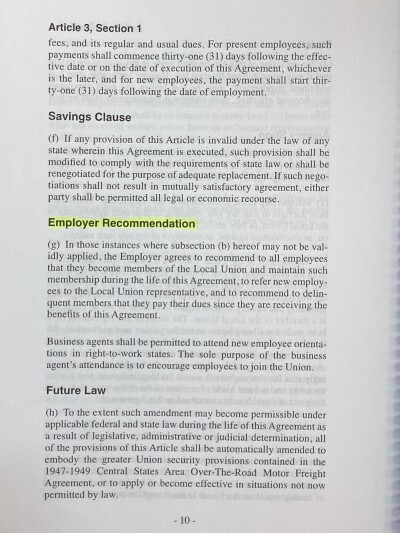Fly-by-night
Only when you care to send the very best
- Credits
- 749
No the company pays the union for that employee insurance. The company also pay the union for that employee's pension. The union pays for none of it they just manage it.
Like me correct this. It all depends on the type of union and the contract. Friend of mine works of the local govt. The local govt pays for and runs his health benifit. He must put in 5% of his pay ever check into the pension plan and the local govt runs and manages that to. When he retires his check come for the local govt not the union. So what does the union really do.....Well not much at all. Still working without a contract since 1 jan 22I figured that's how it worked. Unions providing insurance didn't sound right.


